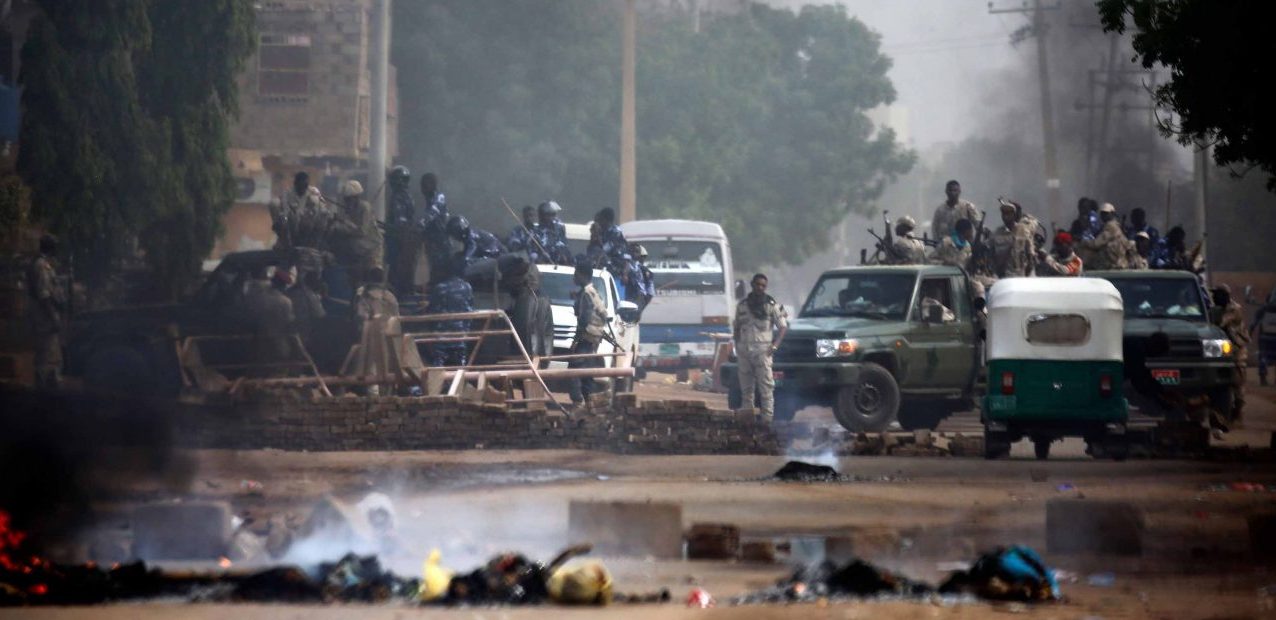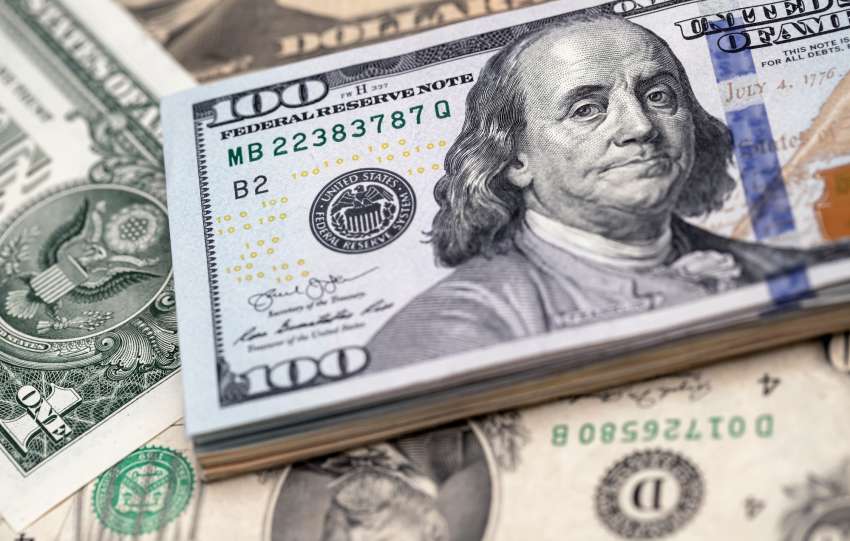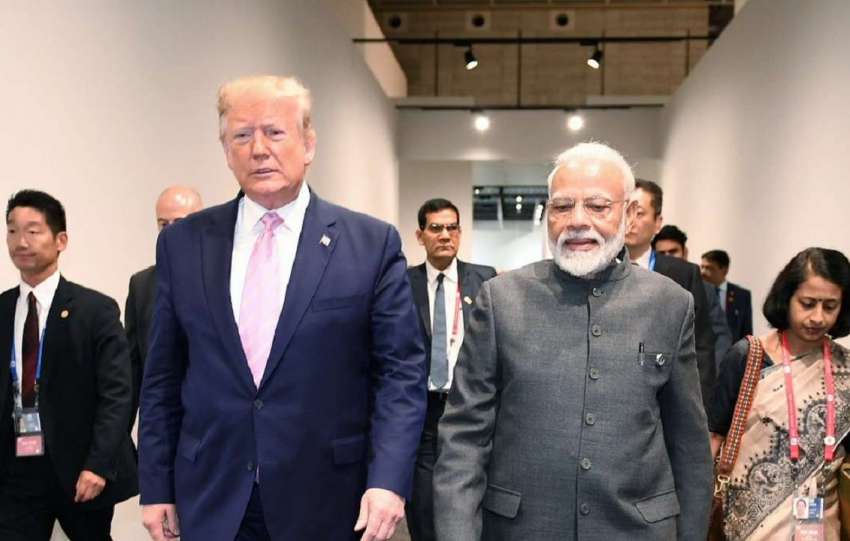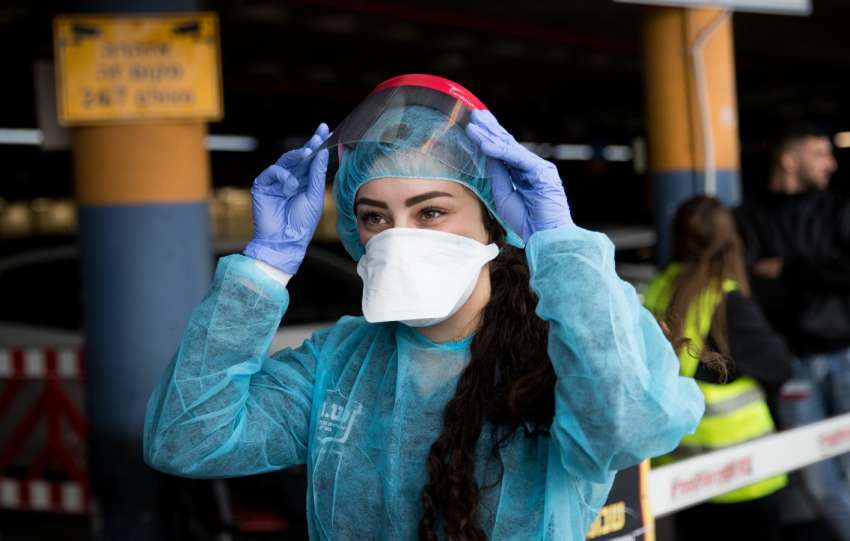Security forces of Sudan attacked a protest camp last week in the country’s capital, Khartoum, killing dozens of people.
Two days after a violent act by Sudan’s security forces on pro-democracy protesters in the capital, a doctors’ organization that has helped organize protests reported that more than 100 people had been killed and hundreds more injured.
What is happening in Sudan?
Sudan has been governed by a Transitional Military Council (TMC) since President Omar al-Bashir was overthrown in a coup in April. The assault on Monday (June 3) marked the worst violence in Sudan since the overthrow of long-time leader Omar al-Bashir. Sudanese protesters say at least 35 have been killed after security forces stormed the main protest camp in the capital, Khartoum. The group said hundreds of people had been wounded, mostly from gunfire, and that according to witnesses, bodies of protesters shot dead were disposed of in the Nile River near the site of the protest sit-in.
Anti-government protests have rocked several cities and towns in Sudan since last week. The protests started in Atbara, a city in north-eastern Sudan known as a stronghold for anti-government activities. What is clear to us is that there was the use of excessive force by the security forces on civilians. People have died. People have been injured.
 The demonstrators have been occupying the square in front of the military headquarters since 6 April, five days before Mr. Bashir was overthrown. Last month, organizers and the ruling generals announced they had agreed on the structure of a new administration and a three-year transition period to civilian rule. But they still need to decide on the make-up of what has been called the sovereign council, which will be the highest decision-making body in the transition period. They cannot agree on whether civilians or the military should have the majority of positions.
The demonstrators have been occupying the square in front of the military headquarters since 6 April, five days before Mr. Bashir was overthrown. Last month, organizers and the ruling generals announced they had agreed on the structure of a new administration and a three-year transition period to civilian rule. But they still need to decide on the make-up of what has been called the sovereign council, which will be the highest decision-making body in the transition period. They cannot agree on whether civilians or the military should have the majority of positions.
Protest leaders, who are seeking a speedy transition to civilian rule, called the raid “a massacre.” The doctors’ committee said forces had opened fire inside the city’s East Nile Hospital and had chased “peaceful protesters.” There has been a total lockdown in Khartoum, indicating something has shifted within the regime.
Why are people protesting?
The main trigger for the recent protests was the government’s decision to increase the price of a loaf of bread from one Sudanese pound to three (about $0.02 to $0.06). But anger has been boiling across Sudan, with some describing it as a “ticking time bomb,” over the rising costs and other economic hardships, including soaring inflation and limits on bank withdrawals. “There is no cash at the ATMs most of the time. Banks keep sending people away with only 500 SDG (about $10.50 at the official exchange rate) in their pockets, which is barely enough for a day,” said the 29-year-old person who has been protesting in Khartoum. Many have also pointed to what they call widespread corruption within the government.
What is the root of the problem?
The Sudanese people have been fighting for a better quality of life for decades. The country gained its independence in 1956. Two years later, Ibrahim Abboud took power in a military coup that forced out the elected civilian government. During Abboud’s rule, Sudan’s economy suffered, leading to widespread discontent. In the years that followed, Sudan experienced a series of coups and conflicts.
In 2011, the southern part of the country gained independence and became the Republic of South Sudan. The move deprived Sudan of its oil reserves. Since then, the economy has spiralled downwards, resulting in higher prices for bread and other essential commodities. If that’s not enough, the economy was hit by sanctions from the US because Washington accused the state of sponsoring terrorism. Things became worst after the International Criminal Court found President Omar al-Bashir’s regime guilty of genocide in the eastern region of Darfur.
The current wave of protests is taking place in multiple cities across Sudan, including in Khartoum, Atabara, Um Rawaba, and Gadarif. What started as demonstrations in the north against bread prices swiftly spread nationwide and shifted towards a clear demand to topple al-Bashir’s 30-year rule, after he came to power on the back of a military coup in 1989.
How is the military reacting in Sudan?
According to sources, high-ranking army officials support al-Bashir’s regime, but lower-ranking officers are more likely to be compassionate towards the protesters, as they experience more daily economic hardship.
How did the world respond?
Al-Bashir does have some international support, notably from Qatar and Egypt. However, the crackdown has elicited strong reactions from the international community, who are holding the TMC fully responsible for what has happened. The UN chief urged the Sudanese authorities to facilitate an independent investigation and to hold those responsible accountable.
The African Union has suspended Sudan after the military launched a bloody crackdown on protesters. Russia said it opposed foreign intervention in Sudan and the authorities in Khartoum must subdue what it described as “extremists.”
 The Russian foreign ministry also said it supported the holding of elections in Sudan. The United States has urged the ruling military council to “desist from violence” and urged talks with protesters to resume. The United Arab Emirates (UAE) is monitoring developments in Sudan with great concern and supports the continuation of a dialogue between the different parties. No countries are currently putting pressure on al-Bashir to stand down.
The Russian foreign ministry also said it supported the holding of elections in Sudan. The United States has urged the ruling military council to “desist from violence” and urged talks with protesters to resume. The United Arab Emirates (UAE) is monitoring developments in Sudan with great concern and supports the continuation of a dialogue between the different parties. No countries are currently putting pressure on al-Bashir to stand down.
The people of Sudan are simply asking for a better lifestyle, better human rights, and a better life.
Let’s pray for Sudan!






